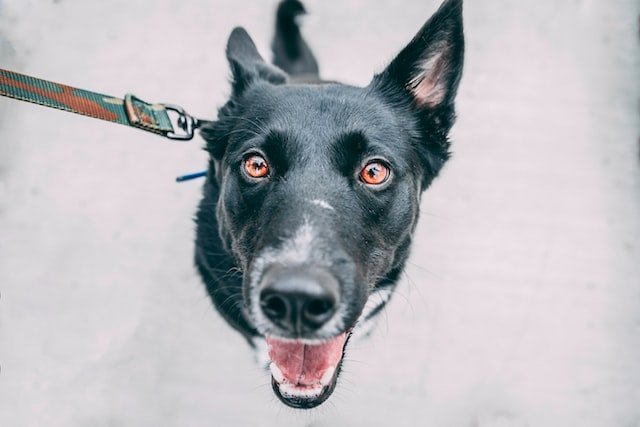Neutering your beloved pup is an important procedure that requires proper care and attention during the recovery period. One common question that pet owners often ask is, “How soon can I walk my dog after neutering?” In this article, we will explore the risks of walking your dog too early and provide helpful tips to aid in their recovery.
Risks of Walking Your Dog Too Early
Neutering is a major operation that can take a toll on your dog’s body. It is crucial to allow them ample time to recover before engaging in normal activities, such as walking. Walking your dog too soon after neutering can pose several risks and potential complications that could prolong their healing process. Here are some risks you would be exposing your pup to by walking them too early:
Increased Swelling
Walking your dog too soon after neutering can cause increased swelling around the affected area. This swelling can lead to discomfort and pain for your furry friend.
Reopening the Wound
Swelling can also increase the chances of reopening the surgical wound. This not only causes your dog more pain but can also lead to potential infections.
High Risk of Infection
An open wound is susceptible to bacterial infections. Walking your dog too early after neutering puts them at a higher risk of picking up an infection, which can lead to serious health problems.
Fatigue and Muscle Breakdown
Dogs need plenty of rest after a surgical procedure to allow their muscles to recover and regain strength. Walking your dog too soon can result in fatigue and muscle breakdown, further prolonging their recovery.
It is crucial to be mindful of these risks and prioritize your dog’s well-being during their recovery. If you have any concerns about your pup’s post-operative care, it is always best to consult with a veterinary professional.
How to Help Your Dog Regain Strength
Now that you understand the risks associated with walking your dog too early after neutering, let’s explore ways to help them recover and regain strength. During the recovery period, your dog may experience fatigue and muscle soreness. Here are some tips to aid in their healing process:
Light Play Sessions: As your dog starts to regain energy, engage them in light play sessions at home. Encourage them to move from room to room and gradually increase their activity level.
Follow Medication Instructions: Ensure that your dog receives any prescribed medication as directed by your veterinarian. This will help alleviate any discomfort and aid in the healing process.
Hydration and Nutrition: Keep a water bowl nearby to ensure easy access for your dog. Proper hydration and nutrition are vital during the recovery period. If you have any concerns about their water intake or diet, promptly contact your vet for guidance.
By providing your dog with love, care, and patience, you can support their recovery and help them regain their energy, fitness, and strength.
Frequently Asked Questions
1. How long should I wait before walking my dog after neutering?
It is generally recommended to wait at least 7-10 days before taking your dog for a walk after neutering. However, every dog is unique, and it’s crucial to consult with your veterinarian for specific instructions based on your dog’s condition.
2. Can I walk my dog on a leash during the recovery period?
While it’s important to limit physical activity, short and supervised walks on a leash can be beneficial for your dog’s mental stimulation. However, consult with your vet to determine the appropriate duration and frequency of walks.
3. What signs should I look out for to ensure my dog is healing properly?
Keep an eye on the surgical incision site for any signs of infection or complications, such as excessive redness, swelling, discharge, or reluctance to eat or drink. If you notice any concerning symptoms, contact your veterinarian immediately.
Conclusion
Walking your dog after neutering requires careful consideration and patience. Giving your furry companion sufficient time to heal and regain strength is vital for their overall well-being and successful recovery. Remember to consult with your veterinarian for personalized instructions and guidance throughout the post-operative period. Your love and support will help your dog bounce back in no time!
For more information about Pawsoha and their commitment to pet health, visit Pawsoha.
